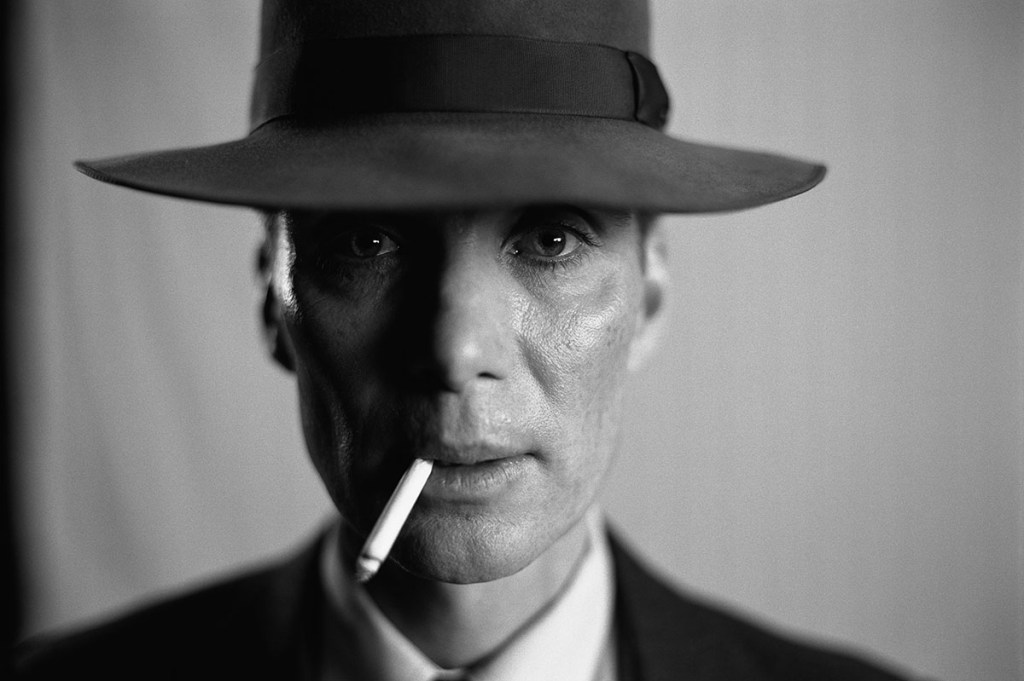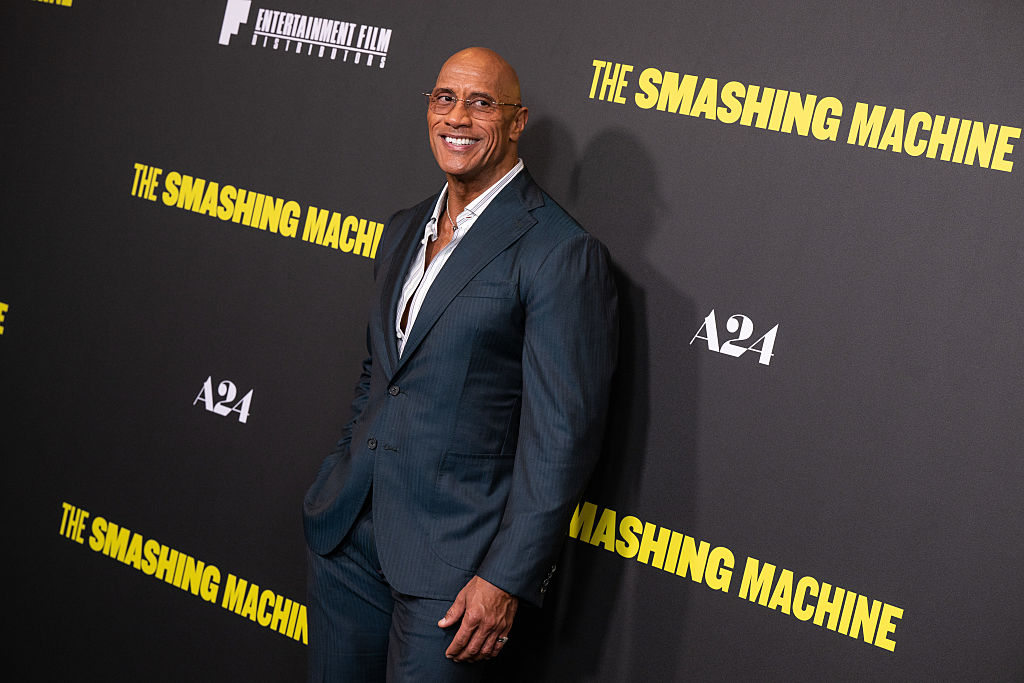This week, Christopher Nolan’s new picture Oppenheimer began production. Its star-studded cast features everyone from Cillian Murphy as the theoretical physicist J. Robert Oppenheimer to Emily Blunt (as his wife Katherine) to Matt Damon (Manhattan Project director Leslie Groves) to Robert Downey Jr. (as Oppenheimer’s nemesis Lewis Strauss), with Florence Pugh, Rami Malek and Kenneth Branagh in support.
Nolan has been granted a $100 million budget by his new studio, Universal, after angrily leaving Warner Bros. in a row over their decision to deny their 2021 pictures an exclusive theatrical release. The implication is clear: Oppenheimer will be a very big deal indeed.
Nolan himself possesses a unique level of influence in contemporary Hollywood. Along with James Cameron, he is that rare auteur who is able to make personal projects, supported by the largesse of major studios. Unlike Cameron, he is reasonably prolific, averaging a film every two or three years, and up until his flawed but fascinating 2020 picture Tenet, his films were massive hits at the box office, despite being Borgesian genre-bending examinations of the nature of time and identity. He even managed to make a Batman film trilogy seem fresh and exciting, and has established himself as that rare director, straddling both multiplexes and the Museum of Modern Art.
Yet Oppenheimer is a last throw of the dice for Nolan’s patented brand of intelligent yet accessible large-scale cinema. The Covid-19 pandemic has meant that older audiences, the traditional market for more cerebral cinema, eschew crowded theaters in favor of watching films at home, while young viewers head to the cinemas in droves: Spider-Man: No Way Home has earned $770 million at the US box office to date, thanks to audience familiarity. Meanwhile, superior but non-superhero films have all flopped: The Last Duel, West Side Story, Nightmare Alley and King Richard were all released to commercial indifference.
Nolan’s Tenet made $363 million in 2020. By most standards, it would have been a hit, but its $200 million budget and huge marketing costs meant that it lost Warner Bros. money. The director insisted on its release amidst pandemic paranoia, pulling rank while most of his peers postponed their films’ releases until 2021, or beyond: either a bold act of defiance or an arrogant display of hubris. Either way, the complex narrative, which stretched Nolan’s obsession with time-jumping to near-parodic extremes, proved taxing for audiences who had loyally stuck with the director since his 2008 Dark Knight film, making unlikely hits out of his science-fiction epic Interstellar and his World War Two drama Dunkirk.
It remains to be seen whether they will return for Oppenheimer, which — one very big bang indeed aside — threatens to consist largely of scenes of middle-aged white men in rooms talking about theoretical physics. If it fails commercially, Nolan will find other backers for future projects, even if he ends up joining his peers on streaming services such as Netflix, though given his vocal adherence towards the cinematic experience, this would be a humiliating climbdown.
But it may also reflect the industry by 2023. As I have suggested before, the era of the grown-up picture seems to be over. If Oppenheimer is a hit, then it may yet postpone its death throes for a few years. But it increasingly feels as if Nolan, master filmmaker though he undoubtedly is, has placed himself in an impossible position — to be the savior of an entire industry. The only heroes in this situation are the ones, Batman-like, who wear capes.
Oppenheimer famously declared that “Now I am become death, destroyer of worlds” when he saw the first detonation of a nuclear weapon on July 16, 1945. As Nolan prepares to release his new film seventy-eight years later, he can only wonder whether his actions will be the salvation or destruction of the genre of the adult-oriented drama. Only a churl would not wish him well.

























